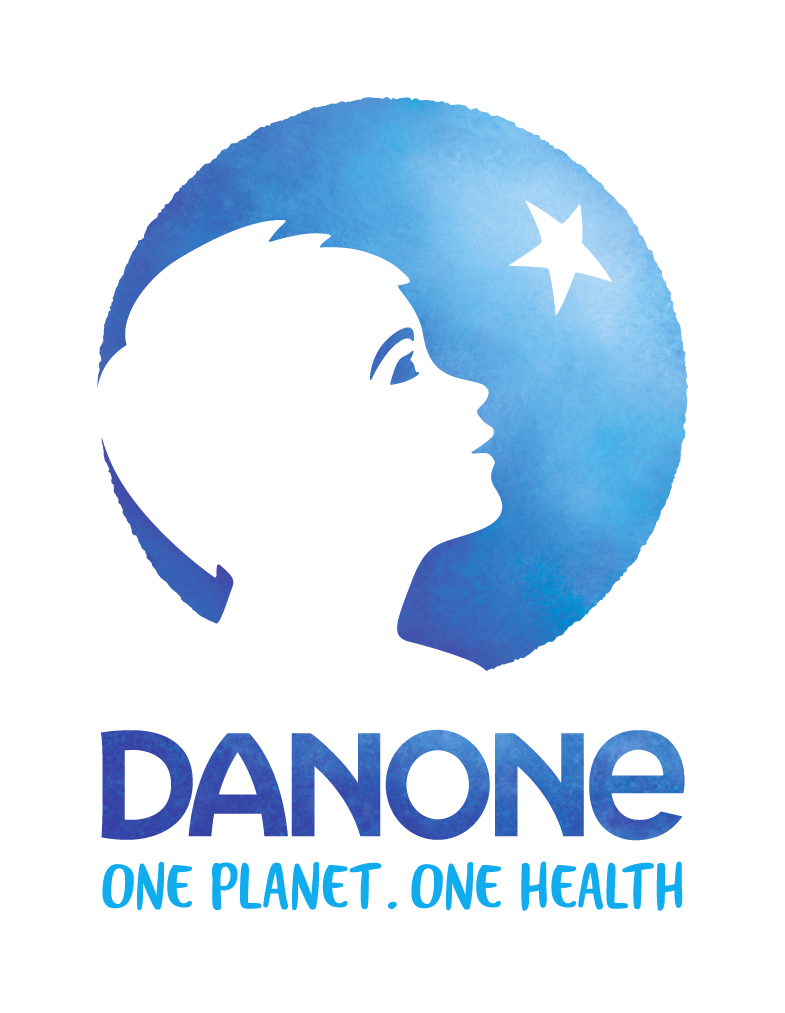

Danone ANZ

New South Wales, Australia
January 2022
Food products
Manufacturing
Australia,
New Zealand
For more than 100 years, Danone has sought to bring health through food to as many people as possible around the world. In Australia and New Zealand (ANZ), Danone’s wholly owned entities have a strong focus on the Specialised Nutrition category with a range of products to support healthy growth and development during the first 1000 days, as well as products that address some of the world’s biggest health challenges including faltering growth, food allergy and rare metabolic diseases, age-related conditions and chronic disease, frailty, cancer, stroke, and early Alzheimer’s disease. Through its mission and dual commitment to business success and social progress, Danone ANZ aims to build a healthier future, collaboratively working together with all stakeholders—its employees, consumers, customers, suppliers, shareholders, institutions and local communities. Danone ANZ has also been working reducing its environmental impact by decreasing CO2 emissions, reducing the use of water and moving to 100% recyclable packaging by 2025. The company’s Auckland and Balclutha factories (New Zealand) are among the of their kind in the world to be B Corp certified.
Overall B Impact Score
Governance 17.3
Governance evaluates a company's overall mission, engagement around its social/environmental impact, ethics, and transparency. This section also evaluates the ability of a company to protect their mission and formally consider stakeholders in decision making through their corporate structure (e.g. benefit corporation) or corporate governing documents.
What is this? A company with an Impact Business Model is intentionally designed to create a specific positive outcome for one of its stakeholders - such as workers, community, environment, or customers.
Workers 30.1
Workers evaluates a company’s contributions to its employees’ financial security, health & safety, wellness, career development, and engagement & satisfaction. In addition, this section recognizes business models designed to benefit workers, such as companies that are at least 40% owned by non-executive employees and those that have workforce development programs to support individuals with barriers to employment.
Community 18.0
Community evaluates a company’s engagement with and impact on the communities in which it operates, hires from, and sources from. Topics include diversity, equity & inclusion, economic impact, civic engagement, charitable giving, and supply chain management. In addition, this section recognizes business models that are designed to address specific community-oriented problems, such as poverty alleviation through fair trade sourcing or distribution via microenterprises, producer cooperative models, locally focused economic development, and formal charitable giving commitments.
Environment 20.1
Environment evaluates a company’s overall environmental management practices as well as its impact on the air, climate, water, land, and biodiversity. This includes the direct impact of a company’s operations and, when applicable its supply chain and distribution channels. This section also recognizes companies with environmentally innovative production processes and those that sell products or services that have a positive environmental impact. Some examples might include products and services that create renewable energy, reduce consumption or waste, conserve land or wildlife, provide less toxic alternatives to the market, or educate people about environmental problems.
What is this? A company with an Impact Business Model is intentionally designed to create a specific positive outcome for one of its stakeholders - such as workers, community, environment, or customers.
Customers 3.8
Customers evaluates a company’s stewardship of its customers through the quality of its products and services, ethical marketing, data privacy and security, and feedback channels. In addition, this section recognizes products or services that are designed to address a particular social problem for or through its customers, such as health or educational products, arts & media products, serving underserved customers/clients, and services that improve the social impact of other businesses or organizations.